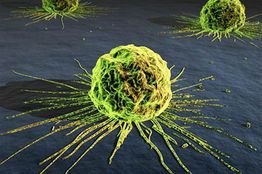
Garvan Institute of Medical Research study shows that the genome is epigenetically activated in prostate cancer
Singapore: A new Australian study led by Professor Susan Clark from Sydney's Garvan Institute of Medical Research shows that large regions of the genome, amounting to roughly two percent, are epigenetically activated in prostate cancer.
The regions that are activated contain many prostate cancer-specific genes, including PSA (prostate specific antigen) and PCA3, the most common prostate cancer markers. Until now, these genes were not known to be regulated epigenetically.
A previous study from Professor Clark's lab showed that similarly large regions of the prostate cancer genome are also epigenetically silenced, demonstrating a structured rearrangement of the cancer epigenome.
Among the other aspects of epigenetic activation, the new study shows that the epigenetic process known as 'methylation' can activate genes, often by changing the gene start site, overturning the prevailing dogma that DNA methylation can only silence genes.
Epigenetics looks at biochemical changes that affect how the genome is organised in the cell nucleus, which in turn controls how genes are expressed. Attachment or detachment of certain molecules can literally open or close DNA's structure, allowing a gene to be expressed if the structure is opened, and silenced if the structure is closed.




